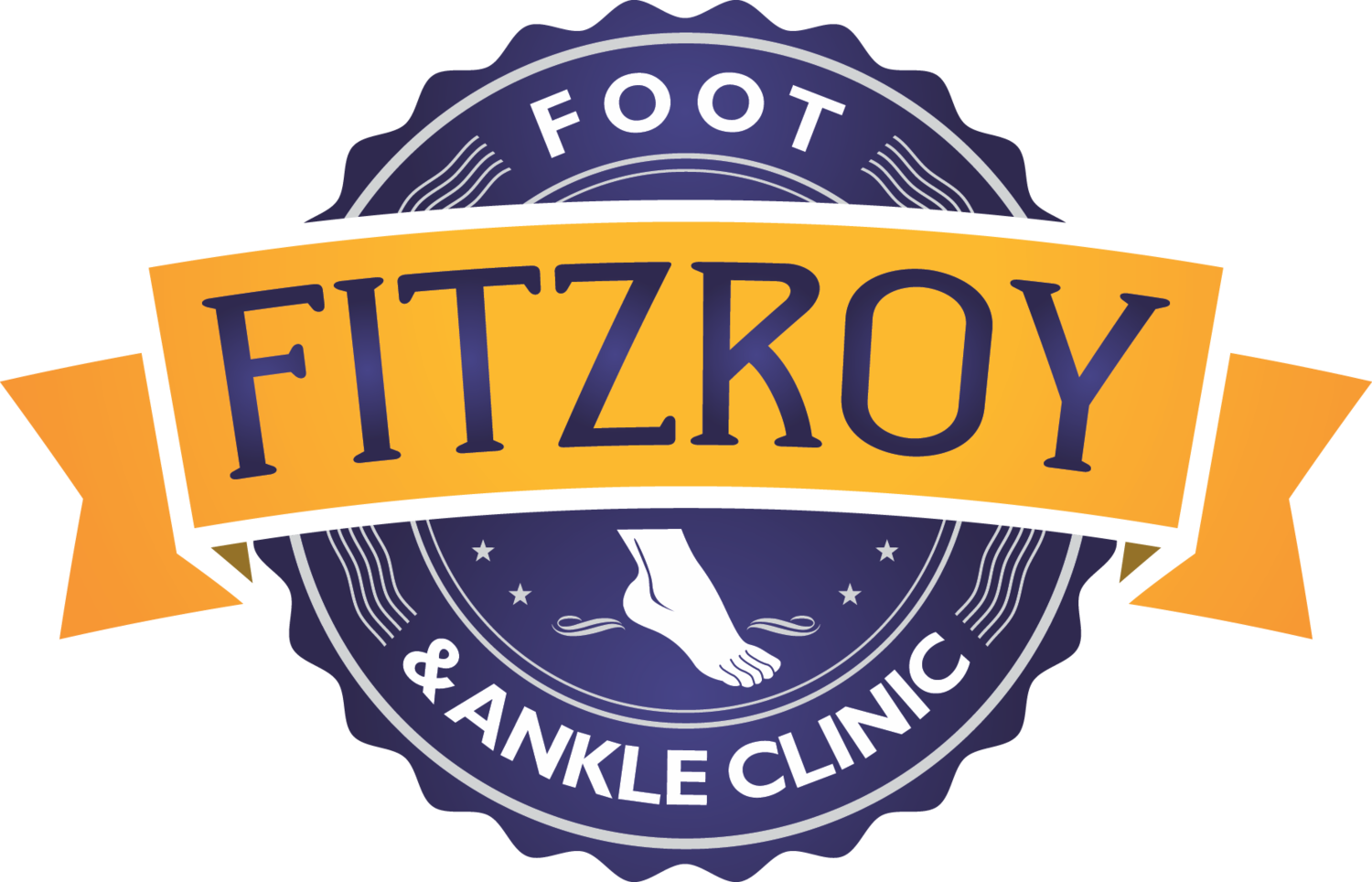Sever’s disease is a condition that causes pain in the back of the heel for children between the ages of 8 and 14. Although it is commonly called a “disease,” it is really an overuse condition that affects the growth plate in the heel. This condition does not cause ongoing damage to the area, and the pain will resolve for most children.
What causes Sever’s disease?
There are several theories about what causes Sever’s disease, which include:
Tightness in the calf muscle after a period of rapid growth (i.e. a “growth spurt”)
The biomechanics of the foot
Infection
Trauma
Obesity
Most children who experience Sever’s disease are active, and find that the activities they are performing will increase their pain.
Severs disease. Image from the American Academy of Orthopaedic Surgeons, orthoinfo.aaos.org
How do you treat Sever’s disease?
There are several treatment options that can be effective to reduce pain related to Sever’s disease. One of the most effective is to adjust activity levels. Although this can be hard to do, most children find that pain is reduced if they can adjust their activity so that less stress is placed on the heel and calf. Other treatment options include:
Calf stretches and strengthening
The use of heel lifts in footwear
Summary
Sever’s disease can be a concern for children and parents, however it can be easily managed with some simple adjustments. Our podiatrists frequently treat Sever’s disease, and we can provide you with a diagnosis, education, and treatment options.


